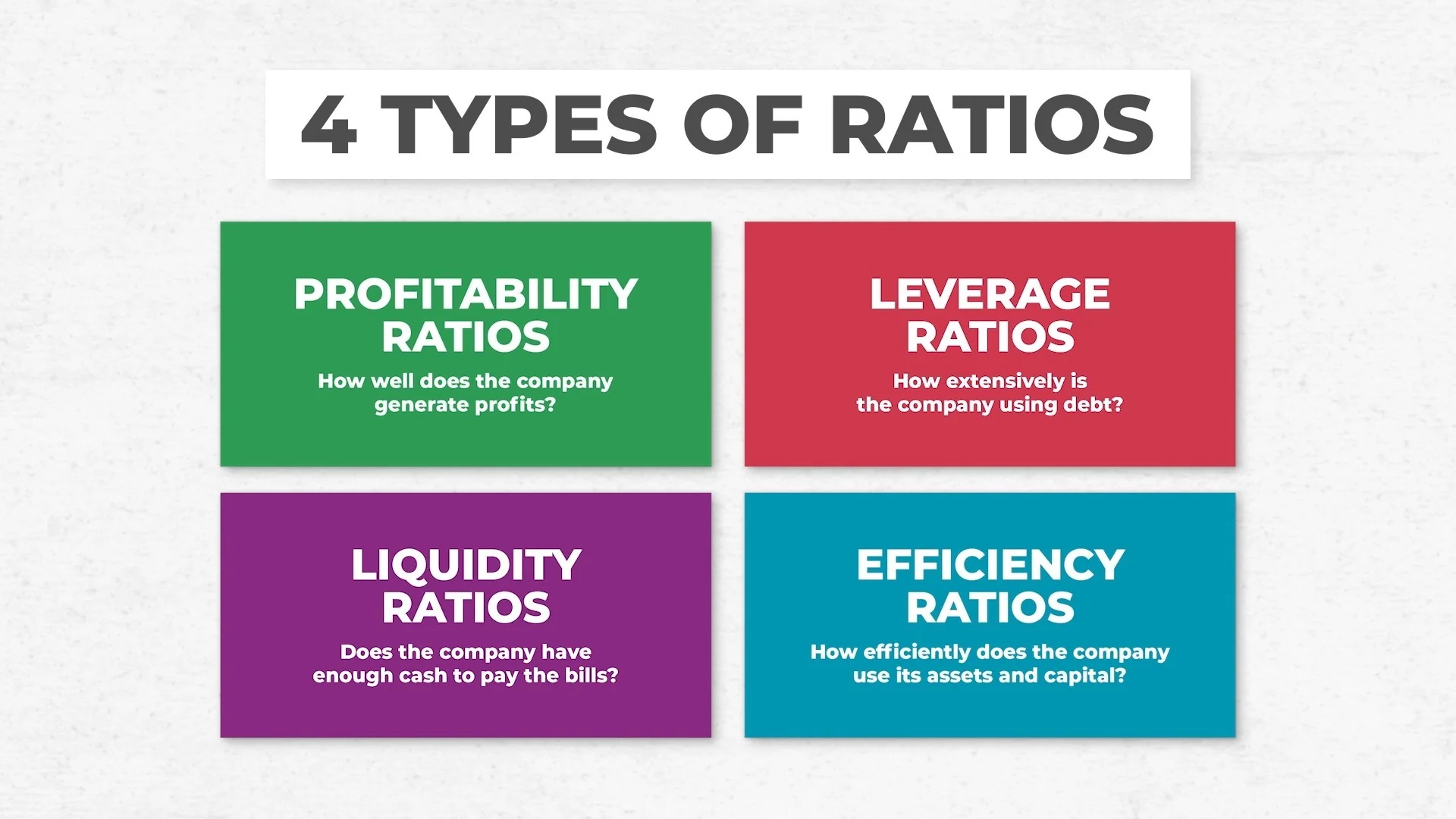In financial planning and risk management insurance is important. It provides safeguards for individuals and business against possible financial losses due to accidental events like injuries, natural calamity disasters or liability claims. But the world of insurance is complex and there are many kinds of policies, terms to understand as well as different options to choose from. In this article, we hope to explain insurance by thoroughly exploring coverage, benefits, and how to make an intelligent choice in order that all individuals can take full advantage of insurance.
Understanding Insurance Basics
It is on the principle of pool-sharing risk that insurance operates. Policyholders pay premiums to an insurance company consolidates these funds in order to cover potential losses for policyholder who actually have covered events taking place. insurance is a way that individuals and businesses can help manage their risks by passing off the financial burden of potential losses to insurers in exchange for payment on premium.
Types of Insurance Coverage
There are several kinds of coverage that are provided by insurance designed to protect against various types of risk:
Health Insurance: Covers the costs of medical treatment, including doctor visits and hospitalisation.
Life Insurance: Puts a death benefit in trust for your dependents in the event of your death. Additionally, it may accumlate cash value over time.
Auto Insurance: Protects against financial losses due to car accidents, theft, vandalism, or liability for injury or property damage sustained by others.
Co-op Insurance: Guards against damage or loss of home and contents by the risks of fire, theft, storms or liability claims.
Renters Insurance: Covers renters’ personal possessions and provides liability protection in leased property.
Disability Insurance: Provides a source off replacement income if the insured is unable to work due to disability.
Long-Term Care Insurance: Pays for the day-to-day care expenses — like nursing-home charges or in-home care — that come when a person gets old or sick.
Protects business against the loss of property, personal or bodily injury claims, business interruption and other risks.
Insurance Benefits
Insurance has several advantages that contribute to financial security and peace of mind.
Back Up: Insurance acts as a safety net to protect against unexpected expenses, losses, or liabilities that would otherwise consume savings or assets.
Risk Management: By transferring potential financial loss to insurers, individuals and businesses can effectively run their own affairs.
Legal Compliance: Certain types of insurance such as automobile or workers’ compensation are required by law and/or regulations for people who drive insured vehicles or work anonymously at home.
Protection for property: Insurance can safeguard the assets that matter—housing, vehicles, businesses, income streams—against uncertaintys.
Key Elements of Policies
Understanding key elements that determine coverage, cost and benefits from insurance policies is one way to make a good investment.
Premiums: The amount paid for coverage by an individual or group, usually on a monthly and annual basis.
Deductibles: The portion that the insured must cover out of pocket before insurance company will pay other costs.
Limits of responsibility: The maximum amount that an insurance policy will pay for covered losses or claims.
Exclusions: Specific risks or circumstances not covered by the insurance policy. Studying exclusions allows you to avoid possible lapses in protection.
Policy Terms: The length of time coverage lasts renewal conditions, cancelation policies, and conditions governing an insurance contract.
Factors to Consider When Selecting Insurance
In deciding on insurance coverage, these are some matters that should be taken into account.
Coverage: Estimate your particular insurance needs according to risks, assets, debts, and financial goals; adjust coverage offers to suit your concerns.
Pricing and cost: Assess premiums, deductibles, coverage limits and out-of-pocket costs to insure affordability and financial practicability.
Reputation of Insurance Companies: Study the long-term solvency of an insurer; what people think about their service to know if they are reliable and how well they handle claims for customers.
Rate Plans: Compare policy features, benefits, exclusions, terms, and conditions offered by different insurance companies to find what is best for your circumstances.Consumer Guides: For expert advice and personalized recommendations, search out insurance agents, brokers, advisors who can provide help in choosing from the many available insurance options available today.Smart shopping for insurance
Some tips on finding the insurance that’s right for you include the following:
Learn about Insurance: Take the time necessary to fully understand policy fundamentals, benefits and features of particular policies, options for coverage and exposure to risk. Ask questions, seek clarification, stay informed.Compare Plans: Compare quotes from more than one insurance company. Compare coverage, deductibles, policy features and premiums to get the coverage that is right for you at a competitive price.Check Policies Regularly: Review your insurance policies from time to time to make sure they continue to meet your needs, that changes in your assets or liabilities are reflected properly in the paper work, and provide good coverage.Buy All Policies with One Insurer to Get Discounts: If you really want to save on your insurance, buy all policies (such as car and home insurance) with the same insurer — you usually get discounts that way and can greatly shrink management costs.Maintain Records: Keeping clear and organized records of insurance policies, premiums, correspondence, claims and other important documents makes referencing them easier and producing material for reviews or renewals less problematic.
Demystifying an insurance policy is understanding insurance. By comparing options, keep your policies in good condition, find ways to bunch as much protection as possible together under one insurer and keep careful records, you can make informed choices and get the best value for your protection from insurance. Insurance is an important protection against life’s risks and uncertainties that your assets have to bear.






